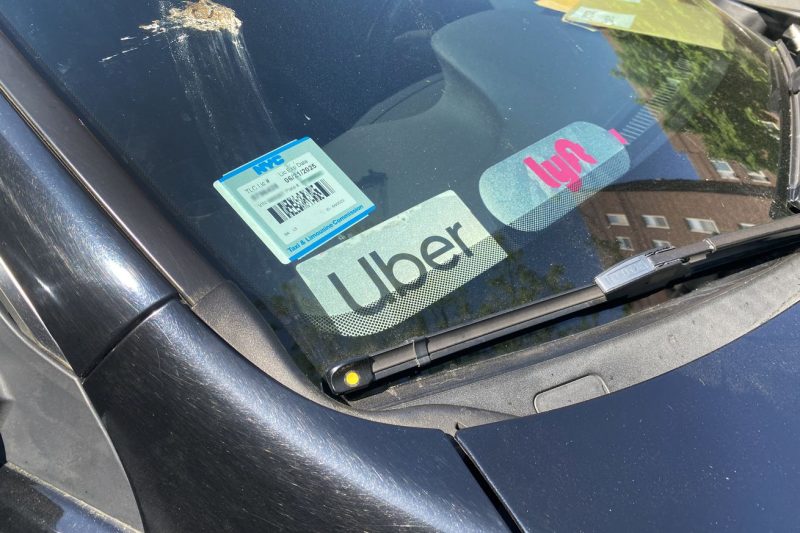
Breaking News: Massachusetts Mandates $32/Hour Minimum Wage for Uber and Lyft Drivers!
In a significant development for the gig economy, the state of Massachusetts recently passed a groundbreaking new regulation that mandates ride-hailing companies such as Uber and Lyft to pay their drivers a minimum of $32 per hour. This decision marks a remarkable milestone in the ongoing debate about worker rights and fair compensation in the era of app-based services.
The regulation, officially known as the Massachusetts Department of Public Utilities’ labor ruling, represents a significant victory for rideshare drivers who have long advocated for better pay and improved working conditions. By setting a minimum hourly wage for drivers, Massachusetts has taken a progressive stance in addressing issues of worker exploitation and wage disparities that have plagued the gig economy for years.
One of the key implications of this new regulation is the potential to improve the economic well-being of rideshare drivers, many of whom have struggled to make ends meet due to fluctuating wages and lack of benefits. By ensuring a minimum hourly rate, drivers can now have a more predictable income and greater financial stability, which could lead to improved job satisfaction and overall quality of life.
Moreover, this move by Massachusetts sets a precedent for other states and jurisdictions to follow suit in implementing similar regulations to protect the rights and livelihoods of gig workers. As the gig economy continues to grow and evolve, it is crucial for policymakers and regulators to prioritize the well-being of workers and ensure that they are fairly compensated for their labor.
However, while the new regulation has been widely praised for its potential to benefit rideshare drivers, it has also faced criticism from some who argue that it could lead to higher costs for consumers and potentially reduce the availability of ride-hailing services. Balancing the interests of drivers, companies, and consumers will be a key challenge for regulators as they seek to strike a fair and sustainable equilibrium in the gig economy.
Overall, the decision by Massachusetts to require Uber and Lyft to pay their drivers a minimum of $32 per hour represents a significant step forward in the ongoing struggle for worker rights in the gig economy. By prioritizing fair compensation and improved working conditions for rideshare drivers, Massachusetts has set a positive example for other jurisdictions to follow in promoting a more equitable and just labor landscape for all workers involved in the gig economy.
